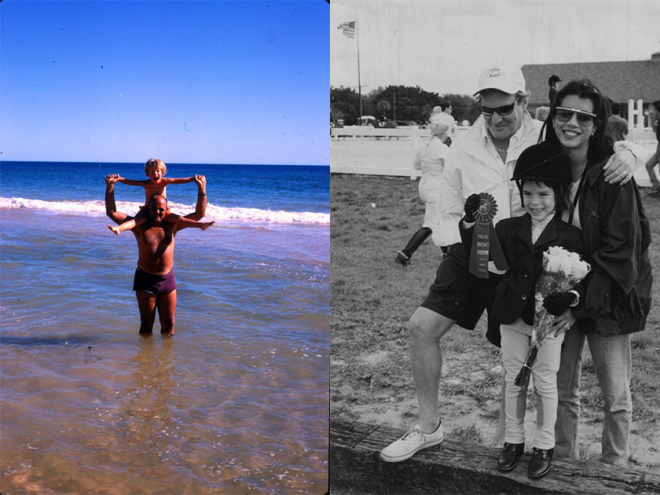
Dani Shapiro at the 72nd National Jewish Book Awards Celebration
Photograph by Leor Michan
On March 1, 2023, we had the honor of celebrating the 72nd National Jewish Book Award winners at Bohemian National Hall. Over the next few weeks, we will be publishing the remarks of the winners who spoke at this celebratory dinner. Dani Shapiro is the winner of the JJ Greenberg Memorial Award for Fiction for her novel Signal Fires.
________
What makes a novel a Jewish novel? Does it need to be written by a Jew? Or have a rabbi as its protagonist, or a cantor, or maybe a psychoanalyst? Does it need to be set in Israel, or wartime France – or Scarsdale?
The late great David Foster Wallace once shared this parable: two young fish are swimming along when they cross paths with an older fish. The older fish calls out: “Hey guys! How’s the water?” and then swims on. A few moments later, one of the young fish turns to the other and asks: “What’s water?”
To me, as a human being and as a novelist, Jewishness is the water I swim in. It is as inseparable from me as the other deepest aspects of my identity: wife, mother, daughter, friend, writer. And a Jewish novel is one that is suffused with Jewishness to its core, which can mean many things. When Signal Fires first came out, I received an annoyed note from a reader, who asked why I was representing Jewish families who ate non-kosher food, or drove on Shabbos.
I thought about this question a lot. Was I misrepresenting my Jewish characters – or was I representing, in Signal Fires, a slice of Jewish life in America – an America in which Jews have been able to ask: what is water?
We’re living now in a time when we cannot afford not to know the water we’re swimming in, or to ignore the realities and exigencies of being Jews today – and I wanted to write a novel in which my characters are indelibly Jewish, in their gestures, their dialogue, their memories, their choices, to the point where it is simply unspoken fact. Sarah has a memory of Noah Kantrowitz throwing up in the neighbor’s azalea bush after his bar mitzvah. Peter refers to a trip to Trader Joe’s in Los Angeles on New Year’s Eve of 1999 as “Erev Armageddon.” And of course, there’s the guilt, the worry, the parental love, the grief, the shame these families face as they live their lives, Jewish to their core, perhaps for this reason most of all: they never stop asking questions. They’re living their lives, yes, their modern, assimilated lives, but if asked, they know exactly what water is. Like me, it would be the first thing they’d say when asked to define themselves.
In closing, I’m deeply honored to be receiving the JJ Greenberg Memorial Award in Fiction, and very grateful to the JBC. If it’s true, what the character Waldo says in my novel, that nothing ever really truly vanishes, then perhaps my dad is here at this moment, and if he is, I know he is kvelling.
Dani Shapiro is a best-selling novelist and memoirist and host of the podcast Family Secrets (now in its seventh season). Her work has been featured in The New York Times, The New Yorker, Vogue, and Time. She has taught at Columbia and New York University and is the co-founder of the Sirenland Writers Conference. She lives in Litchfield County, Connecticut.



